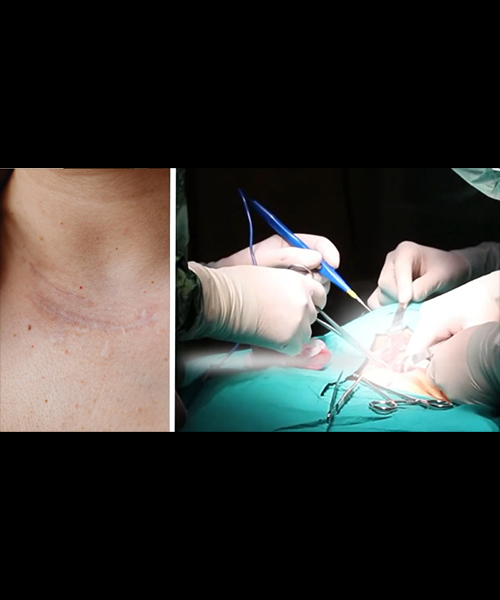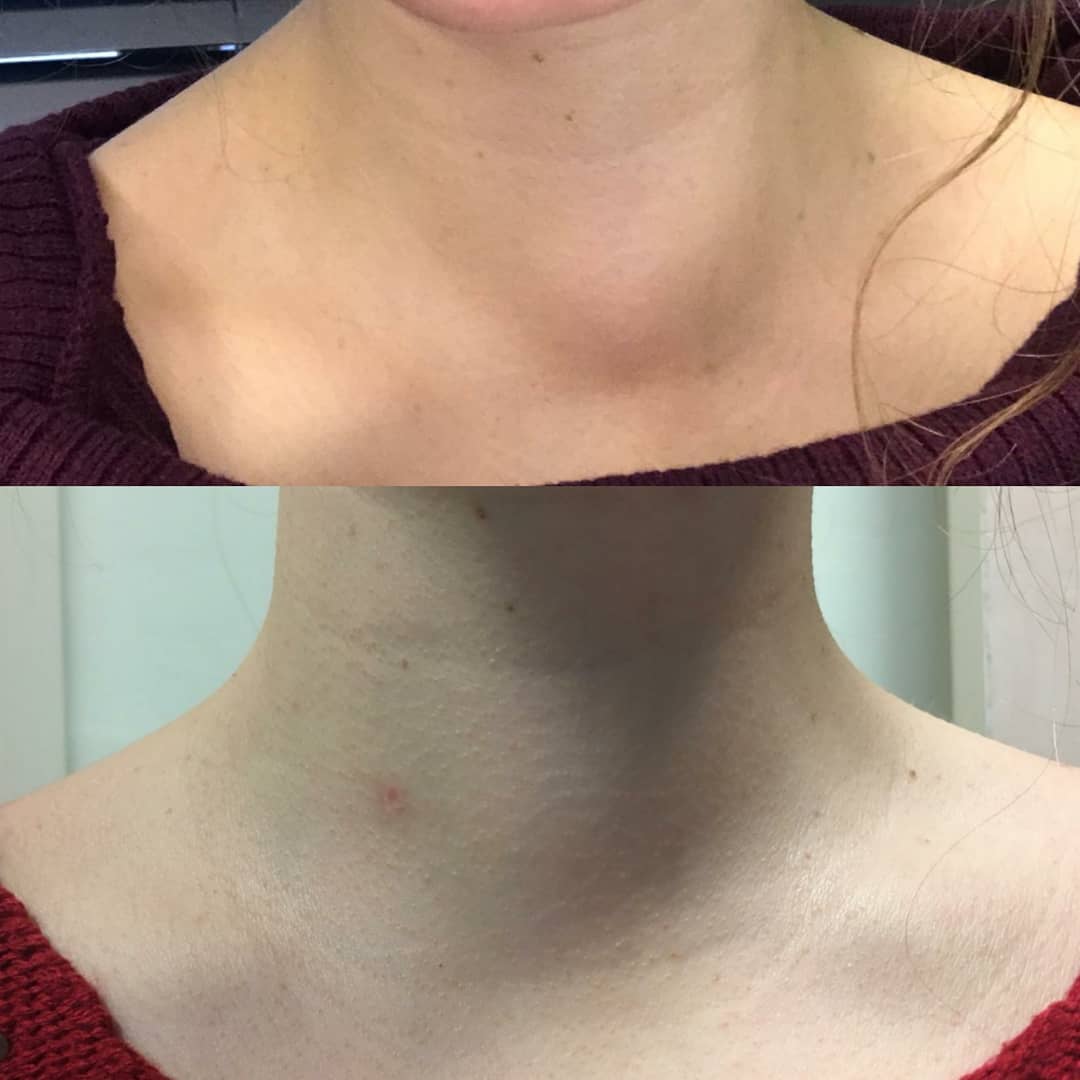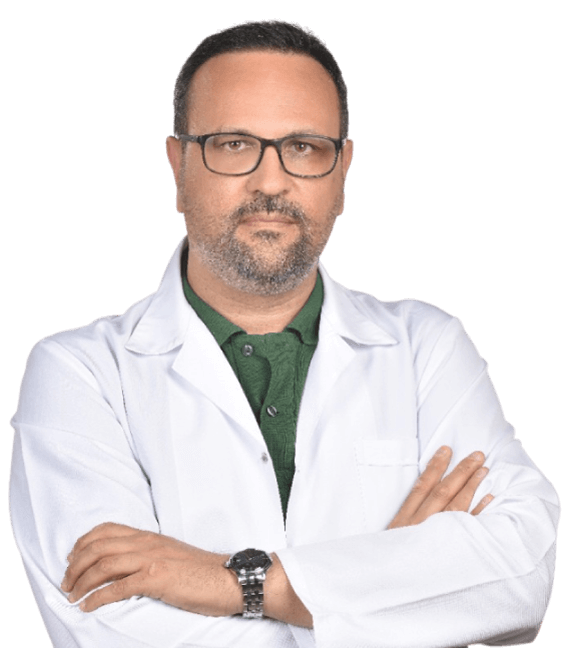Patients who undergo goiter surgery should be informed about what to pay attention to afterwards. Like any surgery, the success of goiter surgery is partially dependent on the proper care following the operation. So, must goiter always be treated with surgery? Are there no other treatment options? Is non-surgical goiter treatment possible? What happens if I don't undergo goiter surgery? What should be taken care of after goiter surgery? In this article, we will try to answer these questions.

What to Pay Attention to After Goiter Surgery
After goiter surgery, patients should be informed about wound care, stitch monitoring, medication use, returning to daily life, and thyroid gland pathology results. After goiter surgery, attention should be paid to the following:
- Medication use: After the anesthesia wears off, pain may occur in the area where the surgery was performed. Painkillers prescribed by your doctor should be used. If antibiotics are prescribed by your doctor, they should also be taken.
- Wound care: After goiter surgery, daily dressing should be done, and the wound should be kept covered.
- Stitch removal: Stitches are removed 3 days after the surgery. Early stitch removal can help reduce scarring. If dissolvable stitches were used, there is no need to remove them.
- Water contact and showering: The patient can shower 3 days after the surgery, when the stitches are removed. There will be no problem with water contact on the wound, but care should be taken not to rub the wound during washing.
- Return to daily life: Patients can return to their normal daily activities and work 7 days after surgery.
- Pathological examination: The thyroid gland removed during surgery will undergo a pathological examination. Based on the pathology results, it will be decided if additional treatment is needed.
- Thyroid hormone replacement therapy: If the entire thyroid gland is removed, thyroid hormone replacement therapy may be required. In this case, it is important to regularly take the hormone replacement medications prescribed by your doctor.
Will There Be Hoarseness After Goiter Surgery?
It is normal to experience hoarseness for the first few days after goiter surgery. This is considered normal, and vocal cords should not be overstrained in the first days.
Will There Be Calcium Deficiency After Goiter Surgery?
The parathyroid glands, located near the thyroid, regulate calcium balance in the body. These glands may be affected by the goiter surgery. As a result, calcium deficiency may occur. If cramps or numbness occur in the muscles, you should consult your doctor and take calcium supplements.
Nutrition and Diet After Goiter Surgery
In the first days after goiter surgery, a soft diet is recommended, as well as a liquid-based diet. While there is no restriction on food variety, foods that are easy to swallow should be preferred. To maintain a balanced diet, a dietitian's help may be sought after goiter surgery.
What Happens If I Don't Have Goiter Surgery?
Goiter surgery is performed due to excessive growth of the thyroid gland, overproduction of hormones, difficulty breathing and eating, or thyroid nodules. Some nodules carry a risk of thyroid cancer. If you do not undergo surgery when your doctor deems it necessary, the thyroid gland or thyroid nodules will continue to grow. This can cause increased discomfort and lead to other problems. The benign or malignant nature of thyroid nodules, their potential for growth, and spread increase if the surgery is delayed.

Is Non-Surgical Goiter Treatment Possible?
Non-surgical goiter treatment is possible. Not every case of goiter requires surgery, and even in cases where surgery is recommended, alternative solutions are available. In appropriate cases, non-surgical goiter treatment is performed using percutaneous thermal ablation therapies. Thermal ablation techniques such as Microwave Ablation and Radiofrequency Ablation are commonly used in these treatments.
For those who fear surgery or seek a more comfortable treatment option, thermal ablation methods can be considered. Success has been achieved with these non-surgical methods, and Interventional Radiology Specialist Assoc. Prof. Dr. Bülent Çekiç has performed many successful operations using these techniques. For more detailed information, please contact us.

 TR
TR

